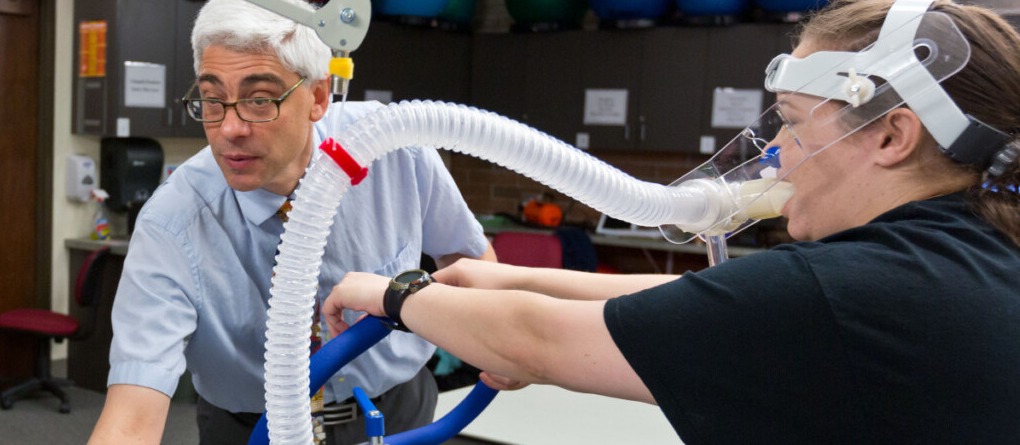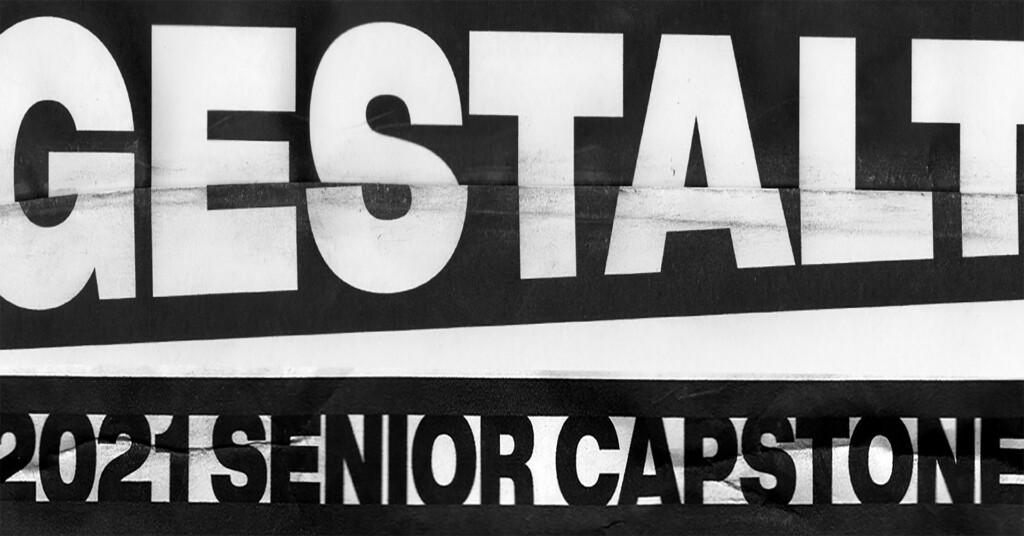Page 30 • (2,790 results in 0.028 seconds)
-

A Master’s in Kinesiology is a great way to study the theoretical and practical foundations of human activity, and ultimately, land a meaningful career in this important field. Are you passionate about improving the physical well-being of others? Do you want to make a positive…
a Master’s Degree in Kinesiology.Download the MSK GuideDownload the free ebookDownload free ebook: A Guide to a Master’s Degree in Kinesiology.Reasons to Get a Master’s Degree in KinesiologyGraduate school is an investment, plain and simple, but there are a variety of reasons why a professional seeking a career in kinesiology should pursue a master’s degree. But maybe you’re thinking: is a master’s in kinesiology worth it? 1. Increase your earning potential with a master’s in kinesiology
-

See all the projects and art that our Art and Design seniors have created.
anthropocentric creative, Bryant designs for people and often about people—focusing on design for use, design for communication, and design with a function.Portfolio Dallas EcklemanBFA, Graphic Design Dallas Eckelman is a graphic design student who loves using his critical thinking skills and cartoonish aesthetic to create fun and appealing illustrations. In the future he plans on pursuing a career in game design.Portfolio Kevin JansenBFA, Graphic Design Kevin Jansen has been drawing cartoons on his homework
-
Students who graduate with a B.A. in sociology and enter the job market directly will find themselves competing with other liberal arts students, but with an advantage--knowledge of key social
effectively in writing and presentations. Practice Critical Thinking: Lean to look beyond the surface of issues to discover the “why”. Build your analytical skills. Solve problems and identify opportunities. Gain a Global Perspective: Learn about different cultures and how to analyze the interactions of groups and societies through a global and historical perspective. Prepare for Graduate School: An undergraduate major in sociology provides an excellent foundation for graduate study in a wide range of
-
This tool is to help you make decisions in those critical times facing a student in distress. It is grouped by type of incident, then offers FACTS, what to DO, and what to AVOID in order to minimize confrontation or risk of negligence.
Helping Students in Distress - A Guide for Faculty and Staff (Rev. 2021) (pdf) view download This tool is to help you make decisions in those critical times facing a student in distress. It is grouped by type of incident, then offers FACTS, what to DO, and what to AVOID in order to minimize confrontation or risk of negligence.
-
This tool is to help you make decisions in those critical times facing a student in distress. It is grouped by type of incident, then offers FACTS, what to DO, and what to AVOID in order to minimize confrontation or risk of negligence.
Helping Students in Distress - A Guide for Faculty and Staff (Rev. 2021) (pdf) view download This tool is to help you make decisions in those critical times facing a student in distress. It is grouped by type of incident, then offers FACTS, what to DO, and what to AVOID in order to minimize confrontation or risk of negligence.
-
This tool is to help you make decisions in those critical times facing a student in distress. It is grouped by type of incident, then offers FACTS, what to DO, and what to AVOID in order to minimize confrontation or risk of negligence.
Helping Students in Distress - A Guide for Faculty and Staff (Rev. 2021) (pdf) view download This tool is to help you make decisions in those critical times facing a student in distress. It is grouped by type of incident, then offers FACTS, what to DO, and what to AVOID in order to minimize confrontation or risk of negligence.
-
Jillian graduated with a BA in Economics and a BBA in Business Administration with a concentration in Marketing. She is starting work at Ann Clark Ltd as their Digital Marketing Analyst.
switch to an economics major with mathematics and statistics minors. My economics degree has instilled in me critical thinking, analytical, and communication skills. These skills allow me to make meaningful contributions to my current job as a Financial Analyst II at MultiCare Health System in Tacoma, WA where I work with patient-level and hospital cost data. I am grateful for my undergraduate training in economics at PLU, and truly believe that I wouldn’t be working at my dream job had it not been
-
Major in Psychology 42 semester hours, including: PSYC 101, 242, 499 One of PSYC 310, 315, 320, or 330 Two of PSYC 440, 442, 448, or 481 At least 2 semester hours from PSYC 495, 496, or 497 12
Psychology Research Conference held every term. Psychology (PSYC) - Undergraduate Courses PSYC 101 : Introduction to Psychology - ES An introduction to the scientific study of behavior and mental processes. Topics include learning, memory, perception, thinking, development, emotion, personality, mental illness, and social behavior. (4) PSYC 148 : Minds, Brains, and Computer: Introduction to Cognitive Science An introduction to the interdisciplinary study of the mind. Students will explore how the mind
-

He was working by age 8, picking cherries and apples under the Yakima Valley sun. In the spring he worked as a smudger. He’d sleep overnight in an orchard and when the alarms rang he’d sprint to light the smudge pots that warmed the trees…
fiscal sustainability and resource optimization. Though it wasn’t lost on him that tropes from the banking world had seemingly followed him to PLU. “In higher education, there was a lot of ‘We’ve always done it that way,’ ‘It will take too long,’ and ‘That’s not feasible’ ” he remembers. “We had to stop thinking that way. We needed to start thinking in the innovative ways we challenge our students to think in — to ask big, challenging questions and listen for unexpected answers.”OCTOBER 2017: PLU
-
Your One-Stop Media Resource For press inquiries, expert comments and contacts, story development and assistance, art and more, please contact PLU Director of Communications Zach Powers.
Media RelationsYour One-Stop Media Resource For press inquiries, expert comments and contacts, story development and assistance, art and more, please contact PLU Director of Communications Zach Powers.ContactZach Powers, Director of Communications Email: zach.powers@plu.edu Office Phone: 253-535-8410 *Email strongly preferred during COVID-19 pandemic.*
Do you have any feedback for us? If so, feel free to use our Feedback Form.


